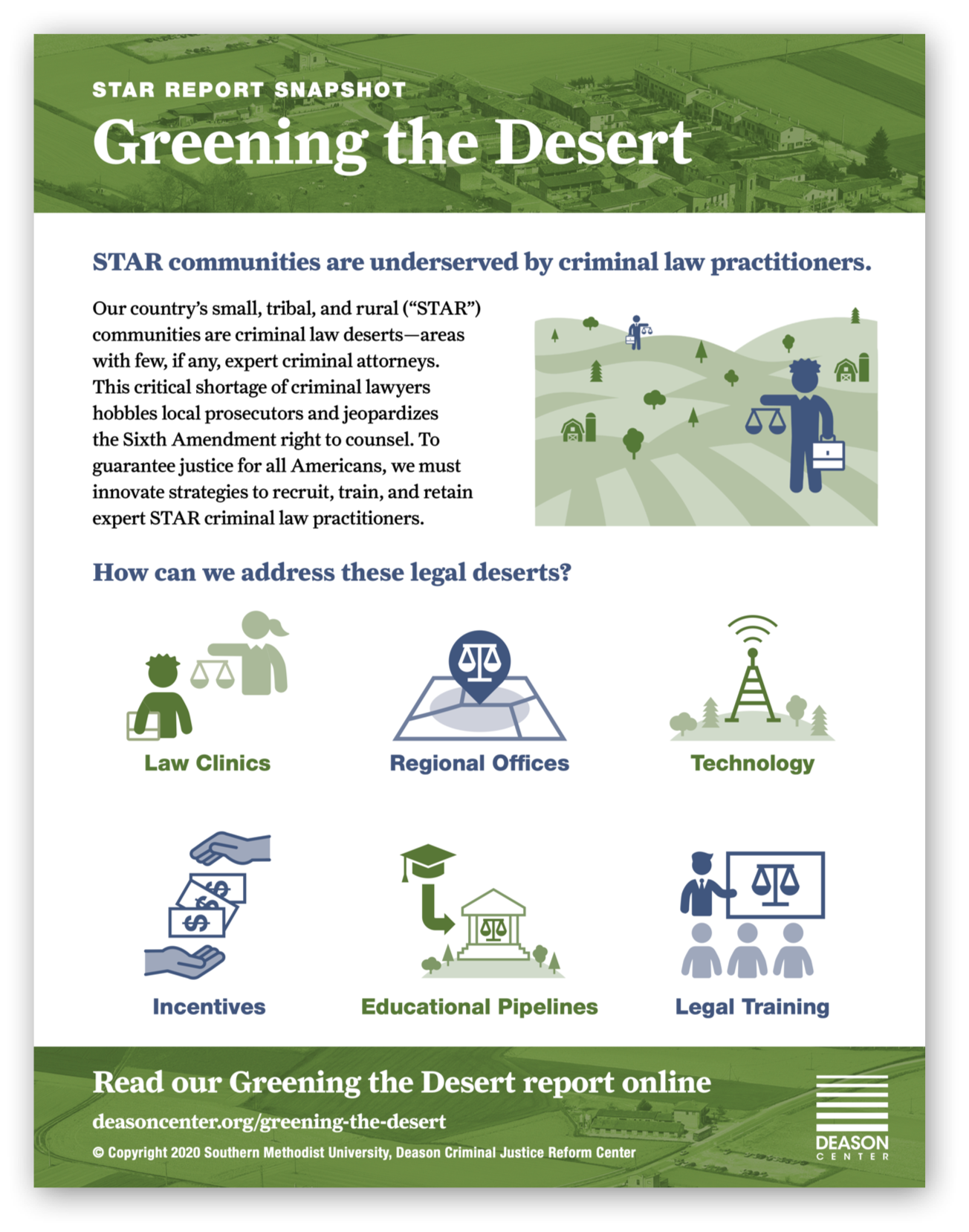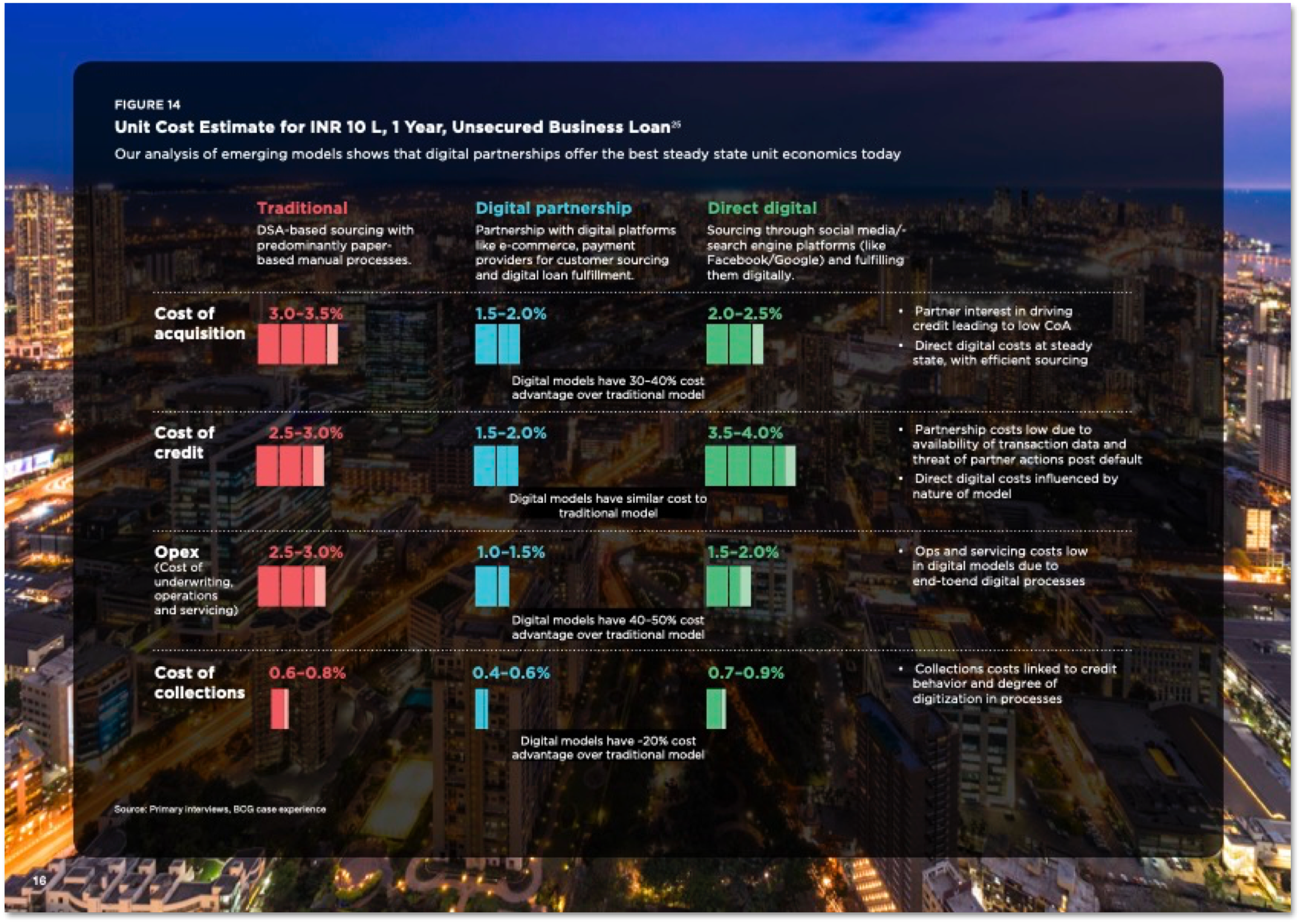Report Design
We apply the best practices of infographics design to help clients communicate through the visual design of reports including annual reports, white papers, market analysis and consumer research reports. Sized specifically to fit within report pages both printed and on-screen, integrating custom-designed visualizations into your reports will demonstrate your expertise and credibility within your industry. In addition to designing many data visualizations and visual explanations to be included in reports, for many of these we also design the complete layout, style and marketing collateral.
Let’s talk about making your reports amazing!
Many of the reports we design are confidential, internal reports, but here are some of the publicly available reports we helped bring to life:
The DALLAS Project Series,
SMU Deason Criminal Justice Reform Center
The District Attorney Learning and Leadership through Application of Science (DALLAS) initiative is a research partnership between the Deason Center and the Dallas County District Attorney’s Office. This powerful collaboration considers how prosecutorial reforms impact racial equity and due process, and empowers the District Attorney to make data-informed decisions.
InfoNewt used visual explanations to help make sense of the legal processes, and data visualizations to show the research results from across Dallas County. We also designed the complete style and layout of these reports.
Sample Pages:
Nursing Annual Reports, Texas Health Resources
Each year we help Texas Health celebrate the amazing work and compassion of their over 7,800 nurses.
A bold report layout and data visualizations help communicate the achievements an accomplishments of these nurses to all of the employees and stakeholders.
Completed Reports:
Sample Pages:
Getting Gideon Right
SMU Deason Criminal Justice Reform Center
In Gideon v. Wainwright, the U.S. Supreme Court held that the government must provide a criminal defense lawyer for any accused person who cannot afford one. But for too many people, Gideon's promise remains unfulfilled. In Texas, there are no statewide guidelines about who is entitled to a court-appointed lawyer. Instead, counties create their own rules that create serious gaps in constitutional protection.
Getting Gideon Right investigates the financial standards that determine an accused person's eligibility for appointed counsel in Texas county courts. The report reveals a patchwork of county court policies that are both complex and severe.
Completed Report:
Sample Pages:
Ending Injustice, Solving the Initial Appearance Crisis
SMU Deason Criminal Justice Center
Most Americans expect that if they are arrested, they will quickly appear before a judge, learn about the charges, and have an attorney assigned to defend them. The reality is vastly different. After arrest, a person can wait in jail for days, weeks, or even months before seeing a judge or meeting an attorney. This report chronicles the resulting initial appearance crisis and highlights its devastating consequences. More importantly, it provides policymakers and advocates with actionable recommendations.
Completed reportS:
Sample Pages:
Greening The Desert
SMU Deason Criminal Justice Center
Greening the Desert brings a criminal justice lens to the phenomenon of legal deserts in STAR (small, tribal, and rural) communities—vast areas with few, if any, practicing attorneys.
Completed Reports:
Greening the Desert, full report
Greening the Desert, one-page summary
Policy Brief: Greening Criminal Legal Deserts in Rural Texas
Sample Pages:
Big Data, Small Credit, Omidyar Network
This research report sheds light on a new cadre of technology companies who are disrupting the credit scoring business in emerging markets.
A combination of visual explanations and data visualizations help bring to life the in-depth survey data from Kenya and Colombia early adopters.
Completed Report:
Sample Pages:
Credit Disrupted, Omidyar Network India
According to the this report, released by Omidyar Network and Boston Consulting Group, nearly 40 percent of India’s 60 million micro, small and medium enterprises (MSMEs) are forced to borrow from informal sources that charge an average of 2.5 times higher interest rates than those in the formal sector.
InfoNewt collaborated with the Omidyar Network to design all of the data visualizations and visual explanations contained in the report.
















































